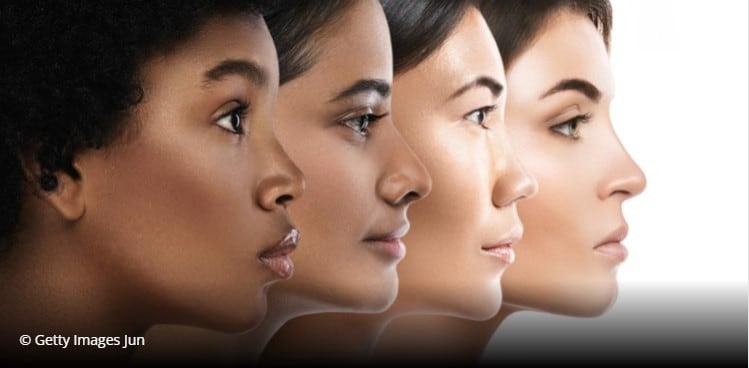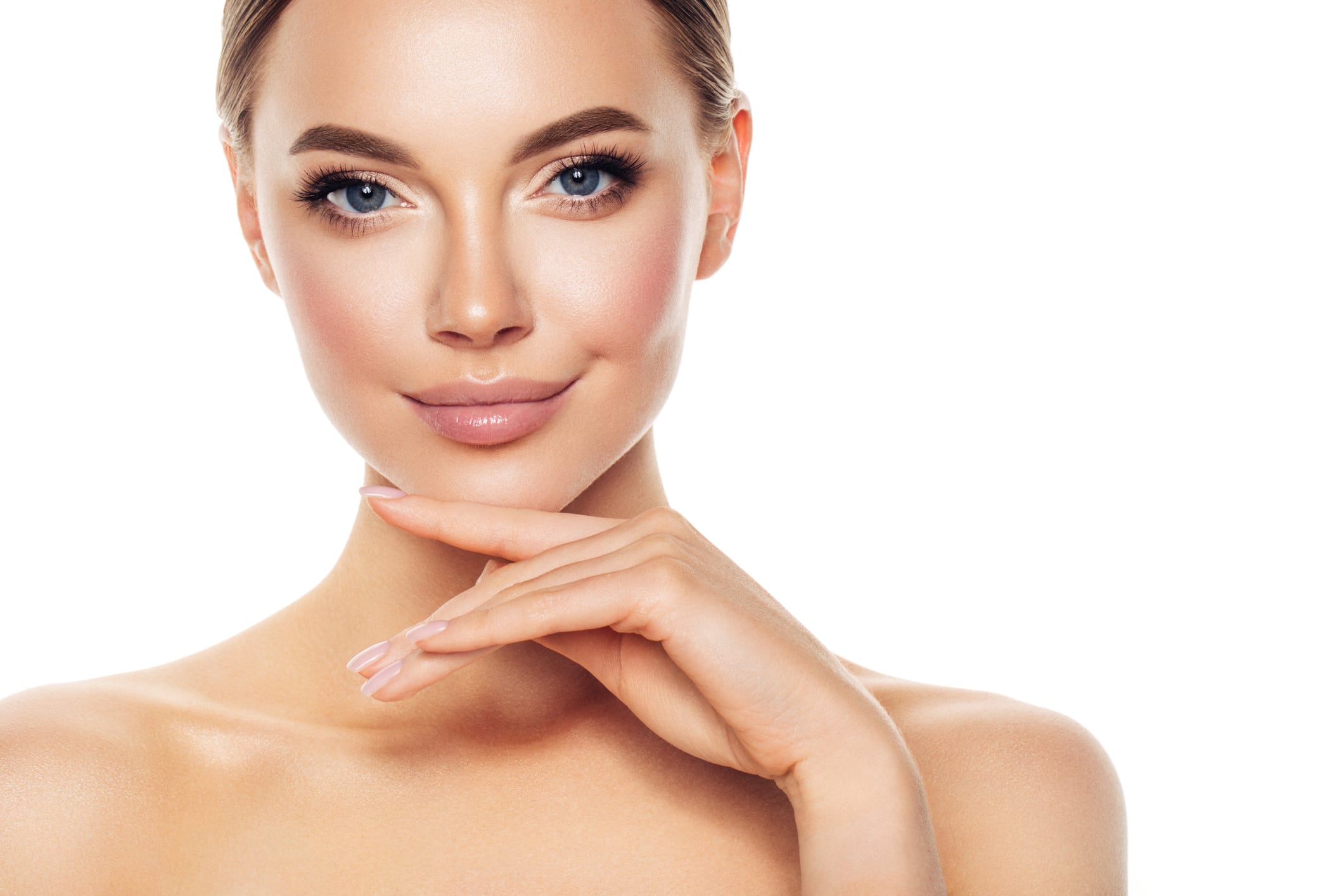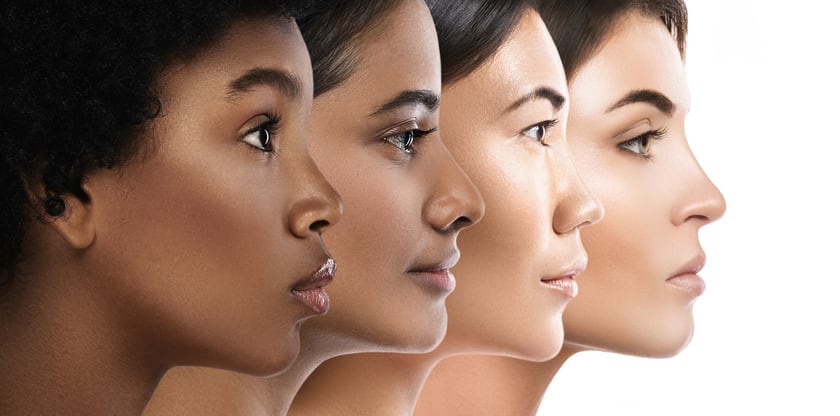Entitled, ‘Beautiful Diversity: Meeting the needs of people of all skin tones,’ the survey looks to address inclusivity and diversity as well as product range and format within the sector.
Overall, Lycored’s findings from 1,285 respondents (760 UK and 525 US) finds consumers divided on the slow pace towards inclusion and diversity.
However, it acknowledges recent improvements, and responds positively to the concept of ingestible products for all skin types to bridge the equality divide.
Findings also suggest current attitudes about inclusivity creates an opportunity for new approaches to skincare, including ingestible products that cater to all skin types.
Lycored Head of Global Brand and Marketing, Health, Zev Ziegler comments: “In this survey, we found that 22% UK consumers had purchased an ingestible skincare product over the past year.
“Furthermore, nearly six in ten (58%) found the idea of a pill or supplement for their skin appealing.”
Support for ingestibles
UK consumers with brown skin are the most likely to find ingestible skincare appealing (68%), compared to 42% for pale or fair skin.
Meanwhile, respondents with “white-darker” skin tones are more likely to have purchased ingestible products (30%) over the past year.
The reverse is true for US consumers: while ingestibles appeals to respondents with lighter skin tones, those with brown or black tones are more likely to have purchased a skin supplement.
Ziegler maintains the high levels of demand for ingestible beauty products, demonstrated by these results, reflect the fact that “consumers love the idea of products that provide the same benefits for people of all skin tones”.
Changing attitudes
The research highlights industry shortcomings which, for decades, disproportionately cater to the needs of consumers with the lightest skin colourings.
It also discovers that despite small step-changes in the last four years respondents frequently feel, “beauty brands are still turning a blind eye to their sheer lack of inclusivity”.
However, perceptions about the industry and inclusivity vary considerably among respondents.
A notable proportion of those with dark-brown or black skin (64%) in the UK did not believe the industry is doing enough to meet the needs of people of all skin tones and 54% of Americans bemoan the lack of diversity, for example in the choice of models.
Nevertheless, respondents across all groups in the UK (56%) acknowledged attitudes are improving and believe the beauty industry is better at meeting the needs for all skin tones.
In the US, 62% believe the industry has improved although the figure was lower for respondents with light brown to black skin (60%), compared to pale or fair skin (68%).
Skin tone counts
Other findings suggest consumers with darker skin are more attracted to products targeting skin tone.
In the UK, 56% of those with light brown skin and 54% with brown skin had purchased a product designed specifically for skin tone, compared to 33% for white or fair skin.
The figure rises to 73% for US consumers with dark-brown and black skin tones, compared to 59% of those with pale or fair skin.
In addition, respondents with the darkest skin tones are more likely to prioritise healthy glow/radiance, and especially Americans with dark brown skin (67%). Conversely, UK consumers with lighter skin tones (white to fair) were drawn to products that protect against redness (24%) and UV light (34%).
Nearly three quarters (74%) of UK respondents with dark brown or black skin believe it is harder for people with darker skin tones to find the right products.
In-store over online
Results also identify a marked trend for in-store shopping (54% in the UK and 57% in the US), although a significant number are more likely to buy skincare online since the start of the pandemic.
Consumers with brown skin say they trust social media or online influencers, compared to only a fraction of pale and fair skin counterparts, and those with darker skin tones were also more likely to list “it is made from natural ingredients” as a factor in their decision-making process.




